Washington State is known for its vibrant cities, breathtaking natural landscapes, and robust social services. For seniors over age 50, the state offers a variety of free government programs designed to boost quality of life, promote independence, and ensure access to critical resources. As Washington’s senior population continues to grow — with more than 1.8 million adults aged 60 and older and over 1.3 million adults over 65 — state and local governments are working tirelessly to expand support and tailor services to diverse needs across communities like Seattle, Spokane, Tacoma, Bellevue, Vancouver, and beyond. This comprehensive guide explores the main programs available, eligibility criteria, application tips, and impactful statistics, all to help seniors and their families maximize these crucial resources.
The Demographics of Aging in Washington
As of 2025, adults over 60 make up more than 23% of Washington’s population. The number is set to rise sharply, fueled by the largest baby boomer cohort in history. By 2050, nearly 29% of the state’s residents will be over 60. The “oldest old”—those 85 and above—are projected to increase fourfold over the coming decades, intensifying the need for long-term care and supportive services. Cities like Seattle, Bellevue, Spokane, and Everett have seen noticeable upticks in their senior populations, driving both opportunities and challenges in healthcare, housing, and community engagement.
Overview of Major Free Government Programs for Seniors
Washington offers a broad and growing range of state, local, and federal programs for residents 50 and older. While some programs start at 55 or 60, many resources—and local senior centers—embrace the needs of those 50 and up.
1. Property Tax Exemption & Deferral Programs
Housing costs often become a major concern for seniors, especially in metropolitan areas like Seattle and Bellevue. Washington’s Property Tax Exemption Program helps qualified homeowners age 61 or older (or 60+ with a disability) reduce annual housing expenses. Income limits typically cap eligibility at 70% of the county’s median household income.
Key points:
-
Available in all counties, with slightly different income thresholds. For example, King County and Pierce County set higher upper income limits due to local cost of living.
-
Program reduces or eliminates some property levies and freezes taxable value, generating savings that may reach thousands of dollars per year.
-
Homeowners must apply to their county assessor with documentation. Annual or periodic recertification is required.
-
A related Tax Deferral Program lets older adults delay payment of property taxes, with repayment required upon sale or transfer of the home.
2. Senior Farmers Market Nutrition Program
This seasonal program provides electronic benefit cards worth $80 annually for adults age 60 and over (or 55+ for Native Americans and Alaska Natives) with incomes below 185% of the federal poverty level. Benefits are accepted at local farmers markets in cities including Olympia, Bellingham, Yakima, Whidbey Island, and Vancouver.
Highlights:
-
Promotes healthy eating and supports local agriculture.
-
Benefits run June–October, covering fresh produce, herbs, and honey.
-
Application typically opens in May through Area Agencies on Aging, and supplies are limited, so early application is key.
3. Free Access to State and Federal Parks
Seniors love Washington’s wild spaces, from Mount Rainier National Park to city parks in places like Tacoma and Redmond. The Senior Citizen Limited Income Pass, available to residents 62+ earning $40,000 or less, offers free day-use parking and deep discounts on camping, boat launches, and state park access. Veterans with service-related disabilities also qualify for additional free access passes.
-
Passes are accepted statewide and issued by the Washington State Parks Department.
-
There’s also a federal Interagency Senior Pass for entry to 2,000+ federal recreation sites for a one-time fee.
4. Health Care and Prescription Drug Assistance
Washington is a leader in healthcare access for older adults. Over 1.4 million Washingtonians were on Medicare in 2023. Key programs include:
-
Apple Health for Older Adults: Medicaid-based health coverage for financially eligible seniors. Services include medical, vision, dental, prescription drugs, long-term care, and in-home support.
-
Medicare Savings Programs: Cover Medicare premiums, deductibles, and co-payments for qualified individuals.
-
ArrayRx Discount Card: Offers deep discounts on generic and brand-name prescriptions for all residents, regardless of income.
-
PACE (Program of All-Inclusive Care for the Elderly): Focuses on seniors aged 55+ with chronic health needs, providing wraparound care and coordinated services in cities such as Lakewood and Spokane.
5. Meals on Wheels and Congregate Nutrition
Food insecurity is a real problem for low-income seniors. Meals on Wheels and local congregate meal programs operate in nearly every Washington county, including Clark, Kitsap, and Snohomish. These programs deliver healthy, home-cooked meals to the door or offer free meals at senior centers, regardless of ability to pay. While donations are encouraged, service is never denied for inability to contribute.
6. Home Modification and Energy Assistance
To help seniors remain safely at home, Washington offers support for home upgrades and utility cost relief.
-
Home Modification Grants: Available for residents over 62 (or those with disabilities) with household incomes below 80% of the area median. Grants can cover wheelchair ramps, grab bars, and other safety renovations.
-
LIHEAP (Low Income Home Energy Assistance Program): Helps pay heating and cooling bills, available in every major urban and rural area.
7. Transportation Services
Mobility matters for independence. In metro areas like Seattle, Tacoma, Spokane, and Everett, seniors 65+ can access reduced-fare public transportation. Paratransit, free shuttles, and door-to-door ride services are widely available, especially for those with medical or mobility challenges.
8. Legal Aid and Consumer Protections
Navigating benefits, housing, and healthcare decisions can trigger legal challenges. Free and low-cost legal aid is available statewide, often through the CLEAR hotline and Area Agencies on Aging. Help covers elder abuse, eviction prevention, consumer debt, and powers of attorney.
9. Lifelong Learning and Educational Auditing
State universities—such as the University of Washington, Washington State University, and local community colleges—allow adults aged 60+ (sometimes 50+) to audit courses for as little as $2.50 to $5 per class, depending on campus. Senior centers also offer free and low-cost classes in computers, arts, and wellness.
Special Programs for Caregivers and “At-Risk” Older Adults
Washington’s innovative Tailored Supports for Older Adults (TSOA) and Community Options Program Entry System (COPES) programs offer help:
-
TSOA supports unpaid caregivers and adults 55+ at risk of needing long-term care but not qualifying for Medicaid. Benefits cover personal care, respite, home cleaning, transportation, and more, with monthly coverage up to about $830 in services.
-
COPES expands Home and Community-Based Services, keeping older adults safely in their homes and out of nursing facilities as long as possible.
Applicants are carefully screened for financial and functional eligibility, with case management provided by trained professionals across counties.
Civic Engagement and Social Connection
More than just health and money, successful aging depends on staying socially connected. Across Washington’s towns and cities, senior and community centers form vital hubs:
-
Seattle, Bellevue, and Vancouver: Large, modern centers offer exercise classes, travel outings, volunteering, and support groups.
-
Rural counties: Mobile outreach buses and faith-based programs bring services directly to isolated areas.
Senior volunteer programs, such as the Retired and Senior Volunteer Program (RSVP), tap into the skills of those 55+ through tutoring, mentoring, and disaster response efforts.
Financial Advantages and Tax Relief
Washington is widely considered tax-friendly for retirees:
-
No state income tax on Social Security, pensions, or retirement account distributions.
-
Local senior discounts at restaurants, theaters, and retail stores abound—often starting as early as age 50.
-
Programs like the Senior Farmers Market benefit, property tax exemptions, and public utility discounts together can save retirees thousands of dollars each year.
Key Statistics: The Impact Across Washington
-
Seattle ranks among the top dozen U.S. cities for “Best Places to Retire for Good Health.”
-
Over 100,000 seniors benefit from property tax exemption and deferral programs each year.
-
Nearly 2 million older adults (60+) will reside in Washington by the early 2030s.
-
Meals on Wheels delivers millions of meals annually, and senior centers in Spokane, Tacoma, and Redmond each serve thousands of older adults through classes and activities.
-
The “care ratio”—the number of working-age adults relative to adults over 75—is dropping. That means smart, innovative programs are more important than ever.
-
Apple Health and related state health plans see rising enrollment, while dozens of Area Agencies on Aging help thousands each year to navigate the benefits maze.
How to Access Programs
Washington’s Department of Social & Health Services operates the Aging and Long-Term Support Administration, which works through Area Agencies on Aging (AAA) spread across urban and rural counties. Seniors and families can find their nearest Aging and Disability Resource Center for help with applications, eligibility questions, and referrals.
Steps for accessing benefits:
-
Identify your county (e.g., King, Pierce, Clark, Thurston, Spokane, Yakima).
-
Visit your local AAA office in person or online, or call the statewide helpline.
-
Gather relevant documents: proof of age, income, residency, and (if applicable) disability.
-
Apply directly through county offices, online portals, or designated program websites.
-
Seek help from social workers or legal aid if application is overwhelming.
The Role of Local Communities
Washington’s cities embrace unique programs tailored to local needs:
-
Seattle: Renowned for its robust network of senior centers, free transportation, and outdoor access.
-
Tacoma: Strong community-based services and home repair programs.
-
Eastern Washington (Spokane, Walla Walla, Yakima): Focus on rural outreach, meal delivery, and healthcare navigation.
-
Bellingham and Whatcom County: Noted for progressive housing and environmental initiatives.
Preparing for the Future
With the state’s senior population poised for significant growth and increased diversity, Washington continues to innovate. Legislative expansions, public-private partnerships, and the keen involvement of organizations like AARP and the Washington State Senior Citizens’ Lobby drive progress in elder rights, anti-isolation initiatives, financial safety, and new models of long-term care.
Conclusion
Seniors in Washington State are remarkably well-supported through a dynamic network of free government programs and community initiatives. Whether you call Seattle’s urban neighborhoods, the quiet streets of Everett, or the rural expanses of Yakima home, opportunities abound for housing help, food support, healthcare access, and lifelong engagement. By staying informed and reaching out to local resources, individuals and families can make the most of Washington’s deep commitment to its older adults—ensuring not just longer lives, but better ones as well.




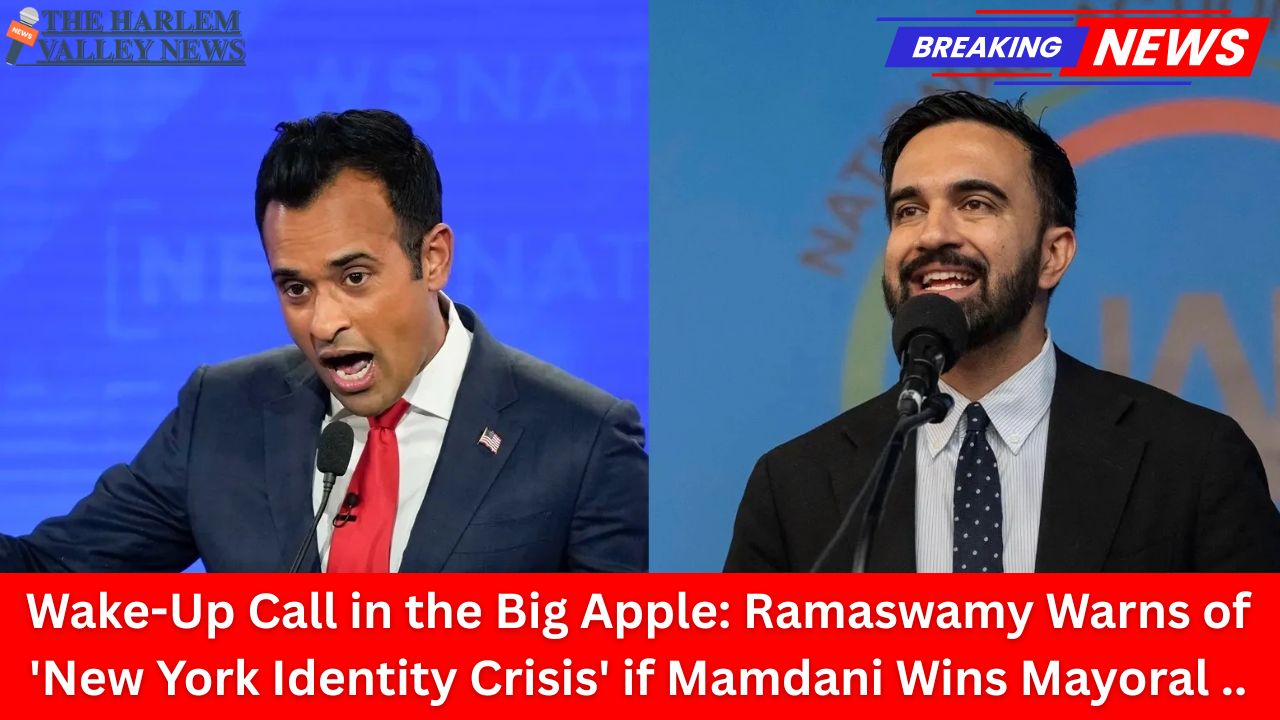

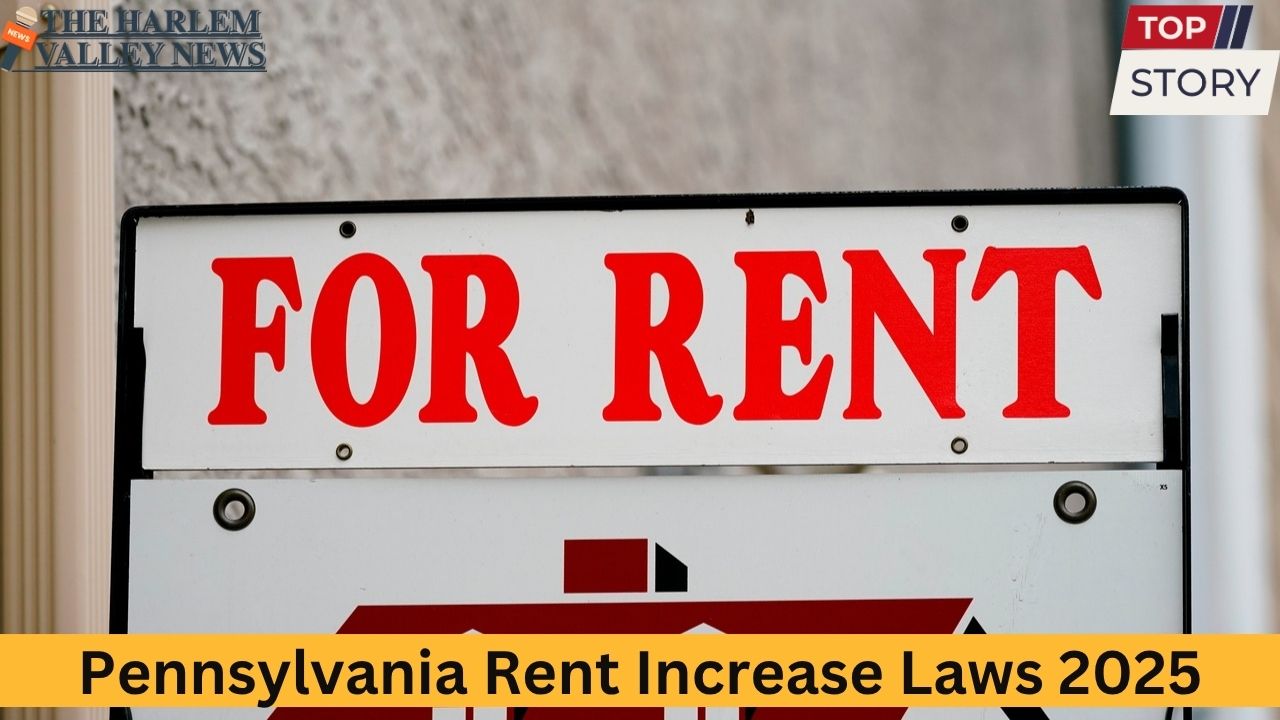






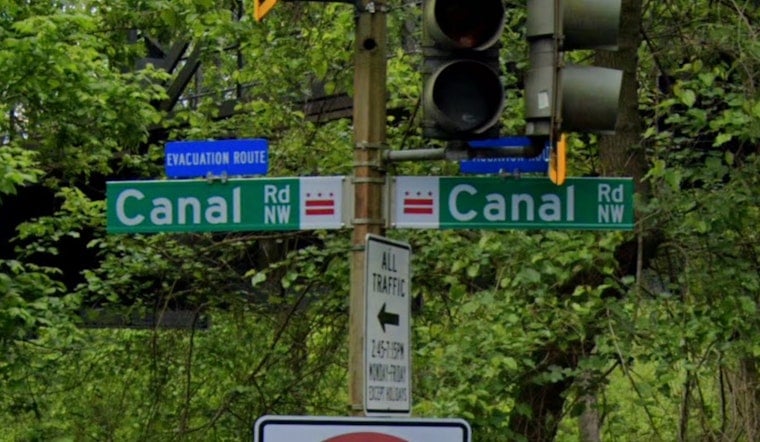
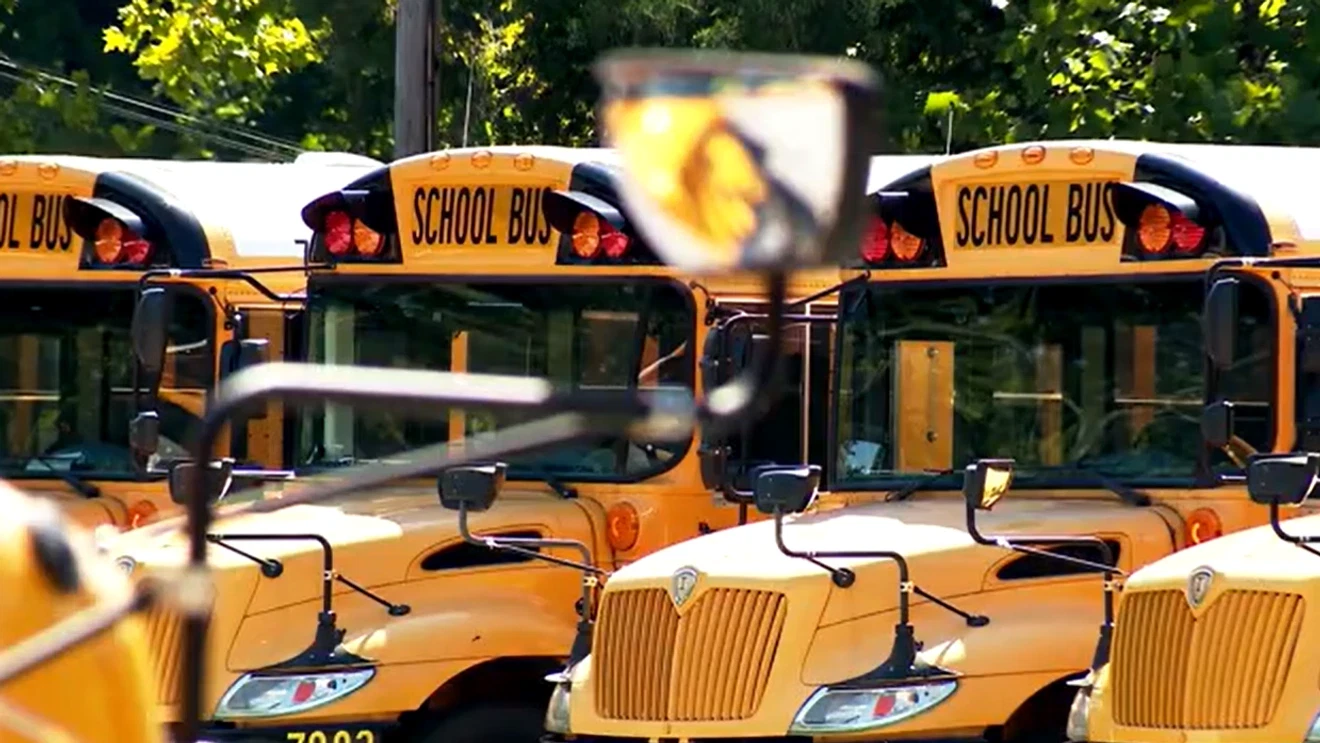
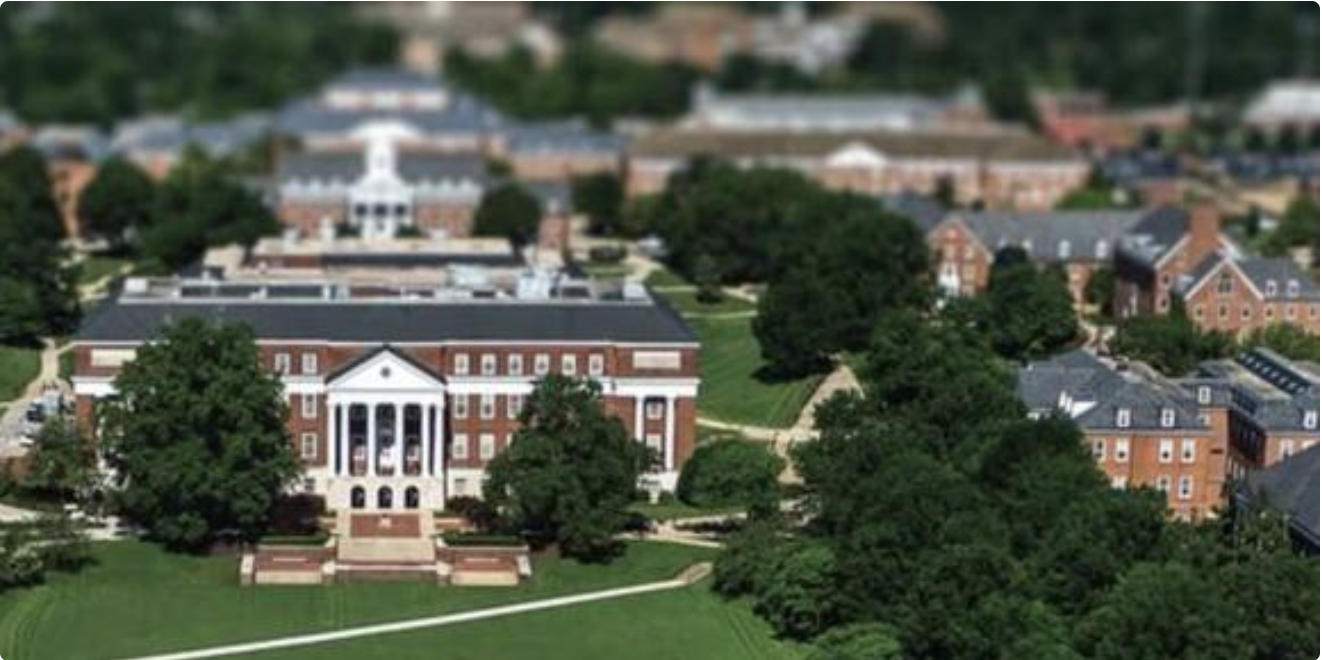
Leave a Reply